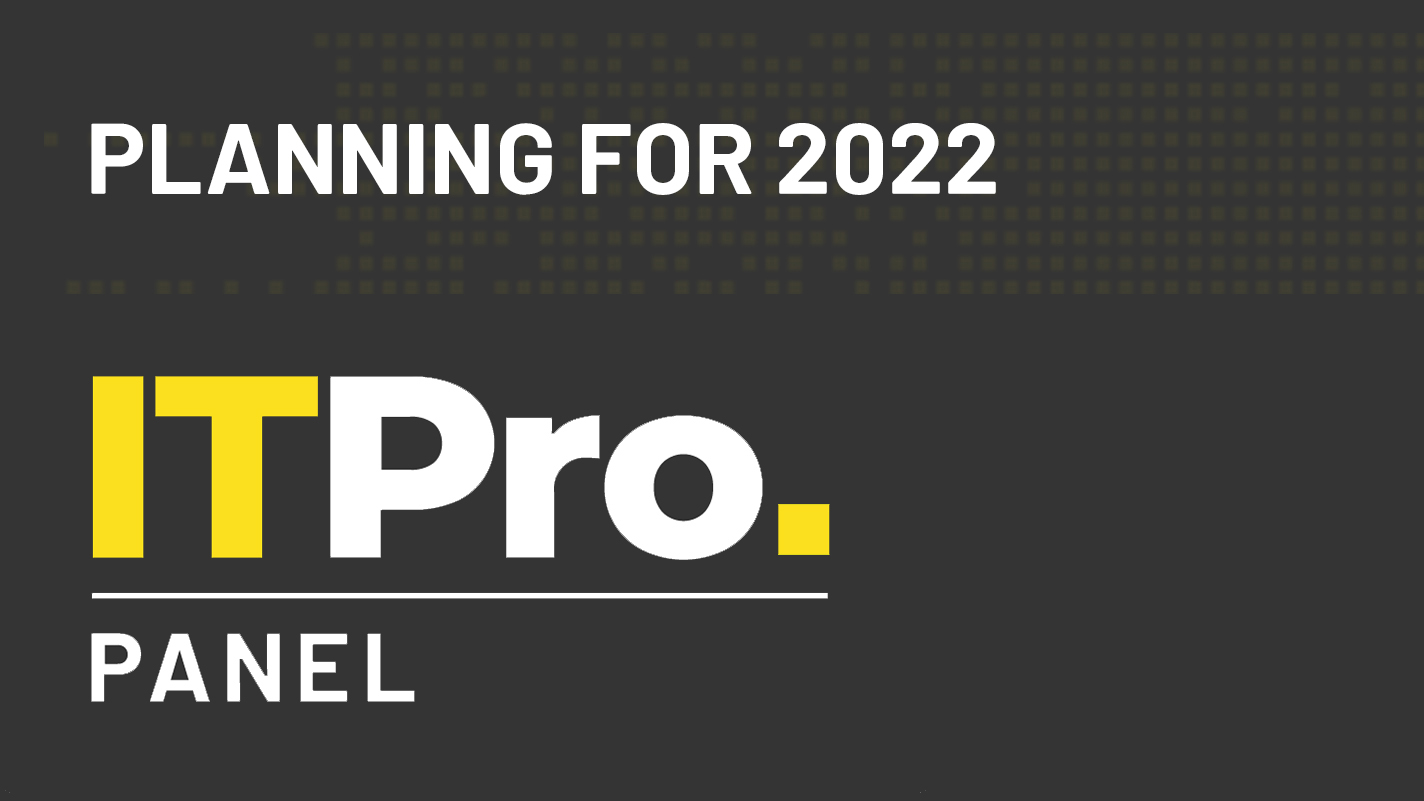Obama-era CTO: Governments need tech experts so they can make better decisions
Megan Smith says tech workers and civil servants don't always have to be "oil and water"
President Obama's first female chief technology officer for the US, Megan Smith, believes it is essential that governments across the world involve technology experts in their policy making.
Smith, a former Googler, was Obama's third appointment to the CTO role he created in 2009, joining in 2014 to work with the White House Office of Science and Technology Policy on how the country could benefit from initiatives like open data and on encouraging innovation by tackling regulatory challenges.
While the Trump administration appointed Peter Thiel's aide, Michael Kratsios, as deputy CTO for the US in 2017, Smith's old role - which she left when Trump took office - remains vacant. Trump has also failed to appoint a new science advisor, who informs the president of the impact of science and technological developments on political matters.
However, Smith pointed to CTO initiatives that have survived the change in administration: the UK-US partnership for the US Digital Service and the UK's Government Digital Service to share best digital practice, and the Presidential Innovation Fellows scheme, which sees tech luminaries join government as entrepreneurs-in-residence.
"The good news is that the US Digital Service continues, the Presidential Innovation Fellows [too], there's been over a hundred of these entrepreneurs-in-residence and they continue to come," she told media in a Q&A at OpenText Enterprise World 2018.
They've delivered impactful change too - building APIs to make Smithsonian Design Museum records digitally available, and the Blue Button initiative that allows US citizens to download their private health data.
"All different kinds of projects which just bursting someone with this [technological] skill into the room can be very, very meaningful," she added. "This continues and these teams are in there."
Sign up today and you will receive a free copy of our Future Focus 2025 report - the leading guidance on AI, cybersecurity and other IT challenges as per 700+ senior executives
What she'd like to see is more governments - not just the US - embracing technology to improve the world for citizens and businesses.
"There's an opportunity for all leaders in all governments to dramatically prioritise this work," she said. "That's what's missing in almost all countries except Estonia, which is the furthest ahead."
However, these tech experts must be properly embedded within government to effect real change, according to Smith.
"If we [technology workers and civil servants] just consult with each other for an hour it's just oil and water - you have to get in the team," she explained.
"You don't often have to know all the things, you just have to know what you do, and these amazing other people are there and they know what they do and you can do extraordinary things if you're in that kind of a team."
But bringing an experienced techie who's "been in the trenches" can accelerate change very quickly, Smith believes, by bringing in a vital perspective into policy conversations.
They can help governments spend their budgets more wisely, by helping teams be savvier about vendors' promises in the procurement process, and improve businesses' prospects by tackling regulatory challenges they've dealt with themselves, and upskill the population through the creation of coding programmes for citizens.
"The other thing that's interesting if you're building a tech team is to build diverse teams that represent your citizens," she added, pointing to the diversity of the entrepreneurs-in-residence as efforts towards encouraging this.
Smith's point was that it takes all hands to deliver true change - both diversity in background, and diversity in skill sets, and governments, she said, leave out tech workers at their own peril.
"Many different types of skills need to come together to do this well," she explained. "Definitely leaving that tech person out of your team is a huge mistake. Not because they know better or less or more, but they know their thing and they can help you with that. The faster we do that, the faster we move."
Picture: Megan Smith with President Obama (left) and John Holdren, then-director of the Office of Science and Technology Policy, in 2014/Credit: US Government Works via Flickr
-
 Hackers are using LLMs to generate malicious JavaScript in real time
Hackers are using LLMs to generate malicious JavaScript in real timeNews Defenders advised to use runtime behavioral analysis to detect and block malicious activity at the point of execution, directly within the browser
-
 Developers in India are "catching up fast" on AI-generated coding
Developers in India are "catching up fast" on AI-generated codingNews Developers in the United States are leading the world in AI coding practices, at least for now
-
 Panel Profile: Hello Magazine CTO Andy Macharg
Panel Profile: Hello Magazine CTO Andy MachargIT Pro Panel We get face-to-face with one of the IT Pro Panellists
-
 Panel Profile: Melton Building Society director of IT and change Rita Bullivant
Panel Profile: Melton Building Society director of IT and change Rita BullivantIT Pro Panel We get face-to-face with one of the IT Pro Panellists
-
 IT Pro Panel: Tackling technical recruitment
IT Pro Panel: Tackling technical recruitmentIT Pro Panel With the recruitment market shifting, how can businesses both retain their best staff and fill gaping talent shortages?
-
 IT Pro Panel: Planning for 2022
IT Pro Panel: Planning for 2022IT Pro Panel Recruitment and skills top the list of our panellists’ biggest concerns for 2022
-
 £100 contactless payment limit could place shoppers at risk, warn industry experts
£100 contactless payment limit could place shoppers at risk, warn industry expertsNews The tech industry reacts to the new threshold introduced by the FCA
-
 Five minutes with... Jon Smart, RoosterMoney CTO
Five minutes with... Jon Smart, RoosterMoney CTOIn-depth We find out more about the IT powering the popular pocket money app
-
 When should startups hire their first CTO?
When should startups hire their first CTO?In-depth Hiring a senior tech leader is a big event in the life of any start-up, but when is the right time? And what’s the right approach?
-
 Five minutes with... Petr Janda, Pleo CTO
Five minutes with... Petr Janda, Pleo CTOIn-depth We talk to the CTO of Pleo, a fast-growing electronic money specialist focusing on company spending, card solutions and more